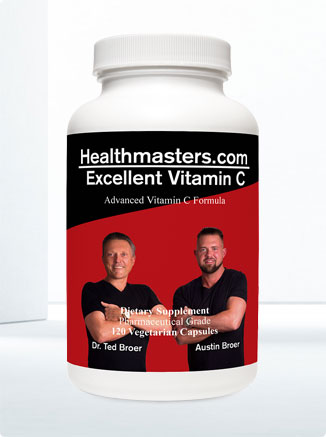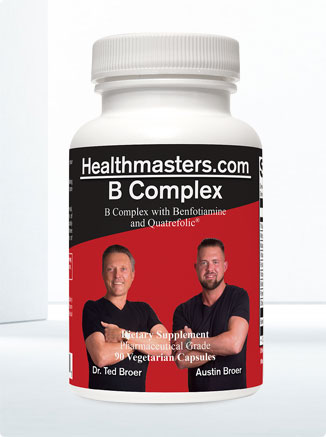In this comprehensive episode of the Ted & Austin Broer Show, the hosts address a wide range of topics from local challenges to national health concerns and government inefficiencies.
The show opens with a discussion of Florida’s severe traffic problems, particularly on Highway 75, where holiday travelers face extensive delays even on back roads due to GPS navigation systems redirecting traffic. This local insight provides valuable information for listeners planning holiday travel.
Health supplements feature prominently as they discuss their B vitamin products and detox kits, emphasizing third-party testing and quality control. The conversation takes a serious turn with news of an FDA recall of hyaluronic acid supplements contaminated with undeclared drugs, highlighting the importance of choosing reputable supplement sources.
The hosts address significant health concerns, including common medications’ links to dementia risk. They discuss how antidepressants, painkillers, and proton pump inhibitors might increase dementia risk, sharing personal observations of memory issues in long-term benzodiazepine users.
Current events coverage includes Utah’s culling of over 100,000 turkeys due to bird flu, with implications for Thanksgiving prices. They also discuss government inefficiencies, exemplified by FEMA’s handling of temporary housing and the Navy’s shortage of trained sailors amid DEI initiatives.
A unique segment covers the Amish community’s efforts to build temporary housing for hurricane victims in North Carolina, only to be stopped by local authorities due to building code violations. This story leads to broader criticism of government bureaucracy in disaster response.
The hosts provide practical advice for holiday eating, emphasizing quality ingredients and portion control while warning against harmful vegetable oils. They also discuss the importance of B vitamins in preventing peripheral neuropathy and maintaining overall health.
Throughout the episode, Ted and Austin Broer maintain their focus on exposing truth while offering practical solutions, whether discussing supplement quality, government inefficiency, or health maintenance strategies. Their conversation provides listeners with valuable insights for navigating both personal health decisions and broader societal challenges.


 Share
Share


